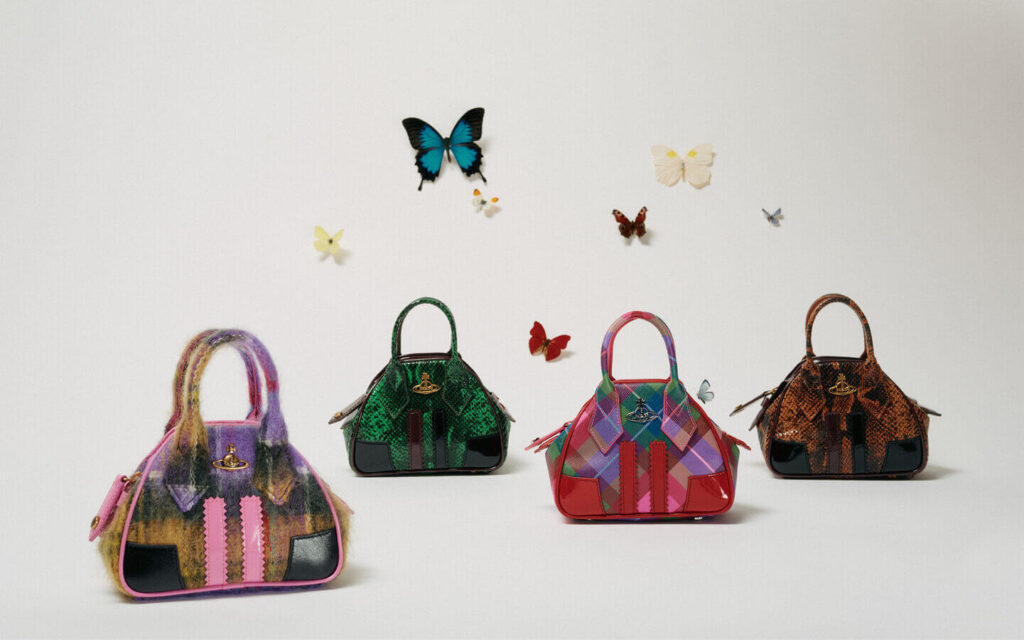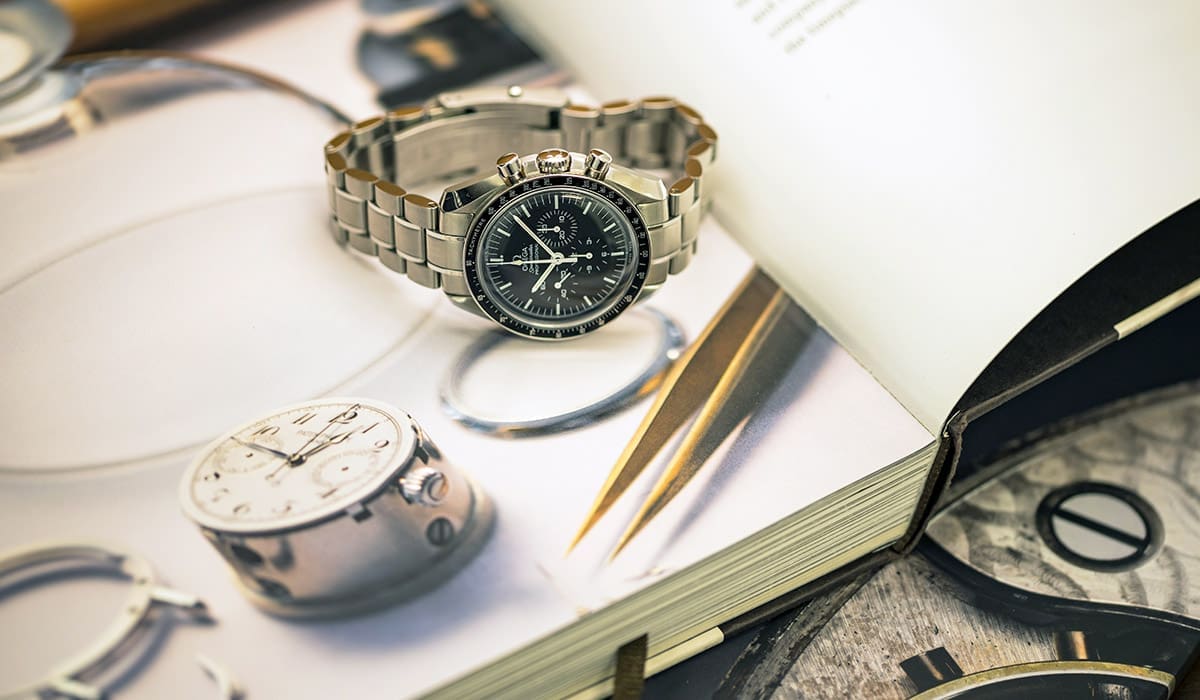When I was six, I sat on the bathroom counter and watched my mother become another woman in thirty minutes.
She coated her round face in flesh, which she called “foundation.” I picked up the bottle and – with my limited reading skills – deciphered the label “003 Fresh Beige.” I didn’t know what “beige” meant, or how to pronounce it. Maybe it meant “mother.”
I placed the bottle on the counter, and little droplets of flesh covered my small fingertips. I wiped my hands on the white towels. My mother shrieked, “No! Don’t stain them!”
I suppose this was when I realized womanhood had rules. I don’t like following rules.
Expectations I couldn’t meet
During my teenage years, my mom made me become another woman for special events.
I wrapped my neck in gold and pinned heavy jewels into my earlobes. My fingernails were coated in pink sparkles. I waddled in stilettos that crushed my little toes. The heels made an unmusical clacking sound on the hardwood. Adults offered the same – and hopefully, genuine – compliment: “You look nice!”
But I was uncomfortable. It was mainly the shoes, I think.
When we returned home, I scrubbed my eyes, trying to remove the glittery eyeshadow and black mascara. I stained the white towels, again.
Cosmetics in Quarantine: Trying to prove I’m not aging, one box of hair dye, one pair of cool shoes at a time
During my first year at university, I never became another woman. Makeup was a tedious chore, an expensive hobby, a superficial pursuit. My makeup collection was an assortment of random products that my mother eventually decided she didn’t want. I thought eyeshadows were overpriced, and I preferred to spend money on fancy lattes that I couldn’t replicate in the dining halls.
My discomfort was enhanced by ignorance. I wasn’t sure if I was “cool-toned” or “warm-toned.” I didn’t know the difference between foundation and concealer, yet I owned both – in the wrong shades. I didn’t understand the practical purpose of lip liner; why would I put a lip color under the same lip color? I deemed the cosmetic industry a manipulative scam to sell me products I didn’t need for a standard I would never meet.

Yet, I couldn’t escape womanhood. I lived in the women’s hall of a dormitory. I received emails about the university’s Women’s Center. I attended sorority events. Nice (and somewhat awkward) boys asked me on dates, and I awkwardly (and somewhat nicely) responded “no.”
Suddenly, the cinematic American college experience vanished. We were promised liberation on marvelous campuses, but instead, we experienced solitary confinement in our childhood bedrooms.
Admittedly, I felt oddly relieved when my university transitioned to a virtual program last spring. I slept more, attended virtual lectures, and wrote papers. Occasionally, I unrolled my purple yoga mat and attempted stretches. My mother suggested ab exercises, and I simply laughed.
Quarantine was an escape from womanhood
When social interactions ceased, so did social expectations. In the virtual world, I wasn’t obligated to be a woman. I wasn’t obligated to be anything, really. I only needed to press “Join Meeting” and listen to my professors.
One day, I had a Zoom interview for a summer internship. I wanted to look nice (or at least, decent) so I decided to put on makeup.

Somehow, the powders and liquids that I had previously deemed superficial became the only medium of personal expression amid my extended period of isolation and monotonous daily routines. I felt liberated. Makeup was a realm of opportunity; the hues, the shimmers, and the brushstroke arcs were transformative. I realized some powders even had scents. I was pleasantly surprised to learn that my peach blush smelled like peaches.
Admittedly, I wasn’t particularly good at applying makeup.
The colors clashed. My eyeliner was wrong. The thin black stripe was too thick, or angled incorrectly against the outer corner of my eye. I didn’t dare touch the intimidating machine colloquially named “eyelash curler.”
Yet, my ineptitude didn’t matter. The wonderful benefit of quarantine experimentation was that nobody could observe my mistakes. If my eyeliner was too thick or crooked, I could – quite literally – wipe it away.
The cosmetic industry intends to make women look pretty, or at least, feel pretty. I didn’t feel pretty. However, adding colorful swirls on my eyelids was the only daily activity that enabled —and even promoted — spontaneity. I began to wear makeup every day, even if I didn’t have a Zoom interview.
Zoom University? We had students live on campus despite COVID-19. Here’s why it was safe and effective.
Despite my newfound appreciation for lipstick, my femininity remains uncultivated. I still haven’t embraced heavy earrings or heels. I’m stranded between girlhood and womanhood, possessing too much self-restraint for the former and too little composure for the latter.
Perhaps makeup isn’t inherently feminine. Yet, applying glit
ters and glosses was a calming, focused ritual that provided a subdued sense of what feminists call “empowerment.” It was the only part of my day that I focused on myself and not on my work.
Over quarantine, I realized that I’m warm-toned. I learned the difference between foundation and concealer. I discovered my shade, and it isn’t “003 Fresh Beige.” I’m still studying the delicate art of eyeliner application. Unfortunately, I ruined a lot of towels.
Abigail Anthony (@abigailandwords) is a rising junior at Princeton University, studying politics and linguistics.
You can read diverse opinions from our Board of Contributors and other writers on the Opinion front page, on Twitter @usatodayopinion and in our daily Opinion newsletter. To respond to a column, submit a comment to [email protected].
This article originally appeared on USA TODAY: COVID: How makeup helped me find myself during the pandemic





More Stories
5 Tips For Launching a Blog to Highlight a Brand
Promotions – a holiday gift for shopper and retailer
10 Makeup Items I Reach For Everyday & Would Never Be Without – The Anna Edit